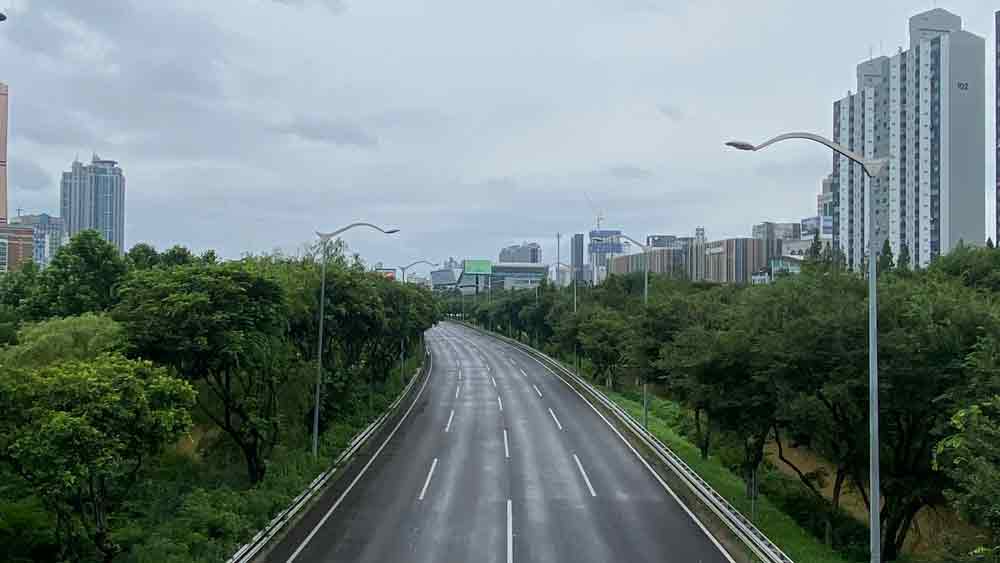The world has shifted in remarkable ways, and flexible work is an undeniable force reshaping professional life. But do remote and hybrid arrangements help the environment or lead to unintended consequences? A new study by Mark Ma at the University of Pittsburgh, Betty Xing at Baylor University, and Ling Zhang at Rowan University merges commuting data with satellite-measured greenhouse gas emissions, offering clear insights into how workplace flexibility shapes entire metropolitan areas.
|
ADVERTISEMENT |
Before the pandemic, daily commutes defined modern routines. The report notes that 119 million people drove to work in 2019, each emitting around 25.6 pounds of CO2 per day. Over 250 workdays, this amounts to 762 billion pounds of CO2 tied directly to commutes. Those numbers underscore how conventional office schedules weigh on our planet.
…

Add new comment